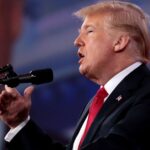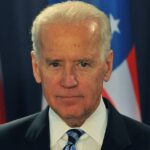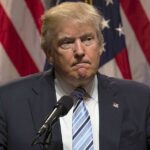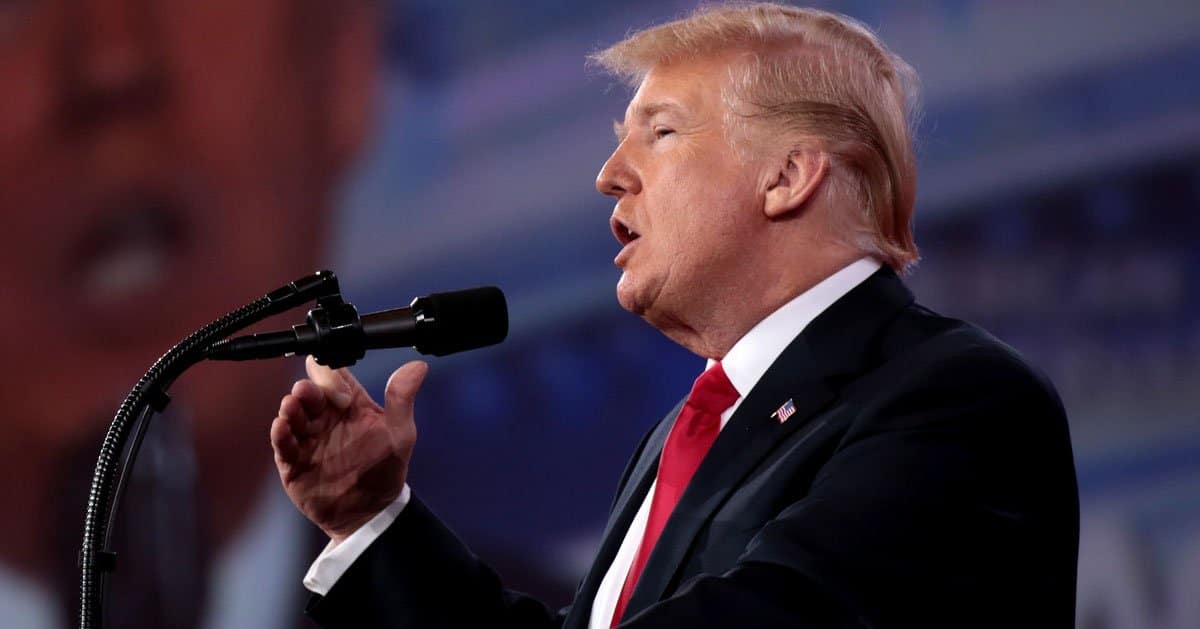
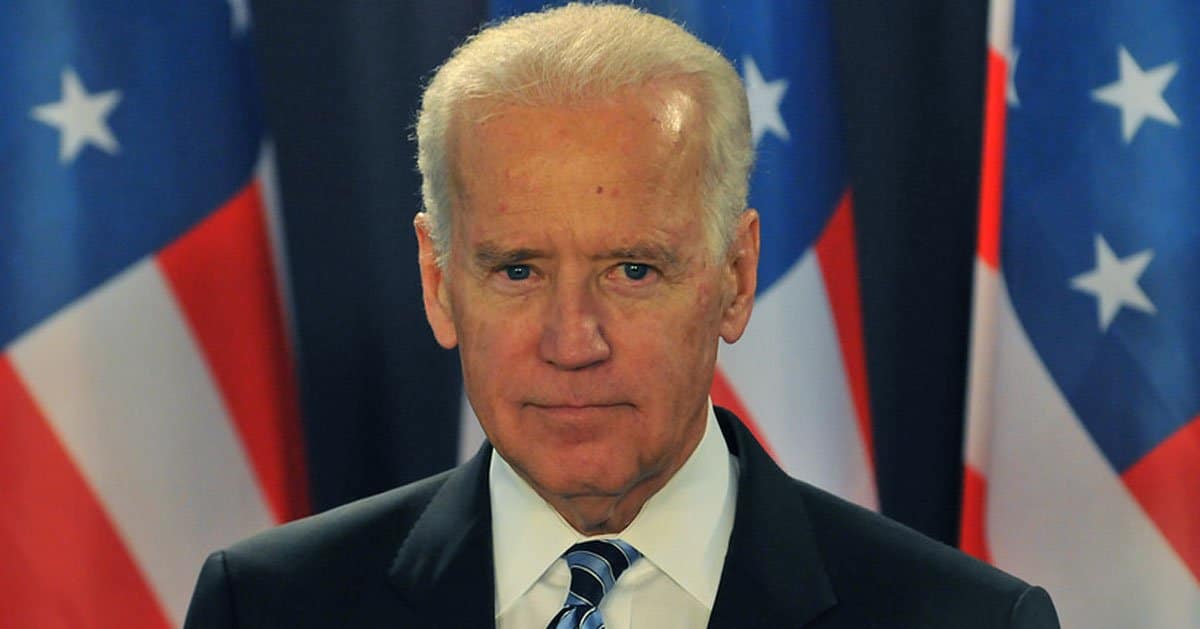
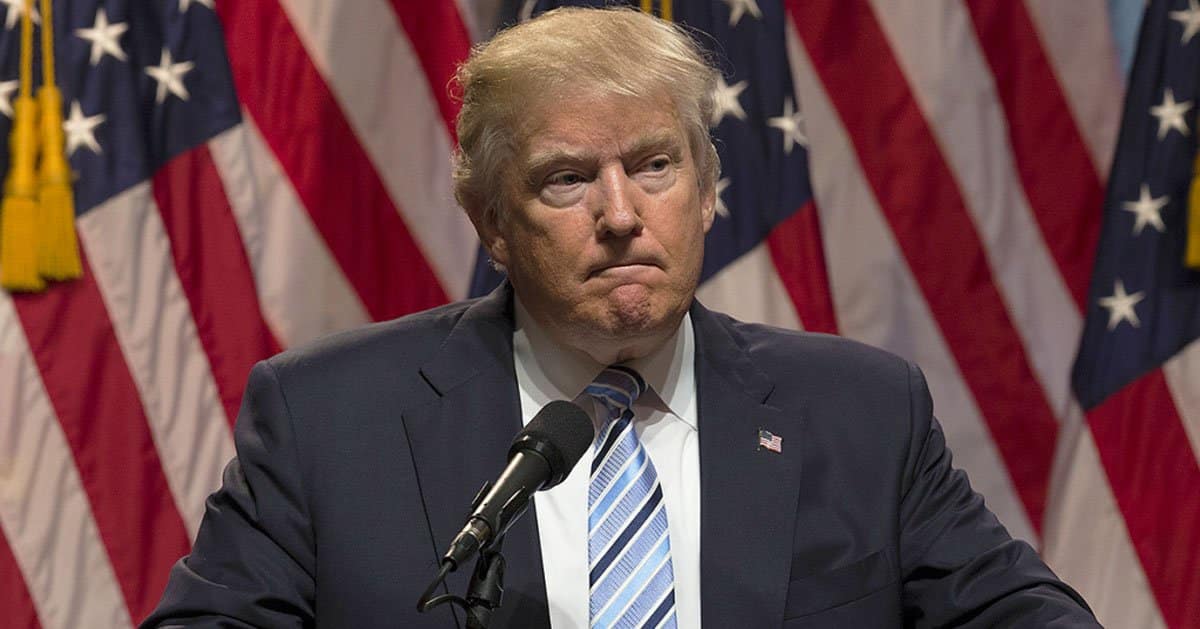
In a decisive ruling, Judge Juan Merchan denied Donald Trump's last-minute plea to postpone his sentencing for financial crimes scheduled for January 10, reinforcing the principle that presidential immunity does not extend to state-level judicial matters.
The Sun reported that Trump is set to face justice in a New York state court, as legal maneuvers aimed at delaying his sentencing for financial crimes tied to covering up an alleged affair with Stormy Daniels have been firmly rejected.
Trump has been convicted of 34 counts of falsifying business records due to payments made to adult film star Stormy Daniels.
These payments, amounting to $130,000, were made through Trump's previous lawyer, Michael Cohen, to silence allegations of an affair, which Trump denies ever occurred.
Trump's legal team contended that the charges should be dismissed because of his status as president-elect. They have maintained that the allegations should never have been lodged initially. However, Judge Merchan found these arguments to lack novelty, labeling them a "repetition" of previous defenses.
The discussion over presidential immunity included examinations by the Supreme Court, but the decision does not grant protection to Trump in this case. His team’s appeals did not persuade Judge Merchan, who later on the same day, dismissed the call for delaying the sentencing.
Despite being found guilty, Trump's sentence is expected to result in an unconditional discharge. This means that he likely will not face imprisonment, fines, or probation, thereby sparking discussions over the actual implications of the sentencing.
Alvin Bragg, the Manhattan District Attorney, has pushed against nullifying Trump's conviction and laid forth a suggestion to pause proceedings until after any potential second presidential term. However, Trump is unable to pardon himself due to the state nature of these crimes as opposed to federal ones.
In response to the denial of the delay, Trump's legal team has issued further threats of pursuing an "emergency appellate review" if the motion was not considered by the predetermined timeline. Yet, Trump's appeal pathways remain uncertain with possibilities leading to both New York's higher courts and even the U.S. Supreme Court.
Trump, throughout this legal journey, has been vocally dismissive of the allegations and proceedings via platforms such as Truth Social, labeling the case "rigged" and a targeted pursuit against him. These statements echo long-standing claims by Trump and his allies regarding political bias in judicial processes.
Adding to this narrative, incoming White House communications director Steven Cheung characterized the proceedings as a vendetta against Trump, referencing previous rulings on presidential immunity and state constitutional principles. Cheung insisted that the justice system's alleged weaponization against Trump should come to a close, reflecting a sentiment shared by Trump's supporters.
Neama Rahmani, President of West Coast Lawyers, emphasized the improbability of Trump issuing a self-pardon, reinforcing the state jurisdiction of the case. This highlights a significant barrier in Trump's legal path post-conviction.
The legal tango of appeals, defenses, and rhetorical denouncements continues as Trump expresses confidence in overcoming what he terms judicial overreach. His public reassurances, aiming at inspiring trust among his base, focus on an eventual overturning of legal challenges.
As the final stages approach, Trump's legal strategy seems to be positioned for a wider appellate review. With significant attention on potential higher court interventions, Trump's case could further strain the intersection of law and politics in American discourse.
The scheduled sentencing on January 10, set against a presidential inauguration backdrop, injects a notable twist into what is an already charged legal narrative. How the appeals and subsequent rulings unfold could set notable precedents for future legal quagmires involving high-profile political figures.

